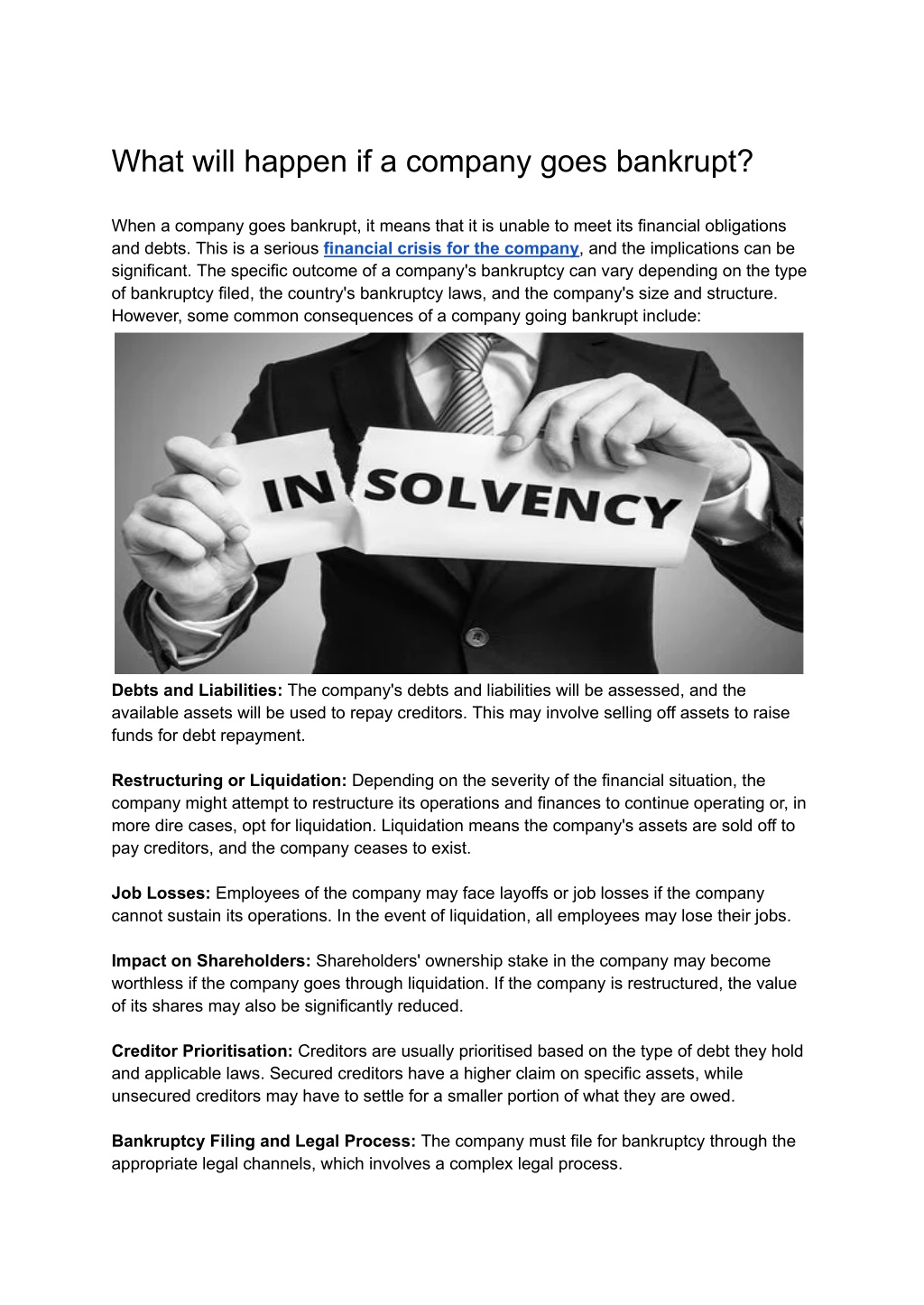Assessing the Challenges Encountered by Workers During the Refine of Firm Liquidation
As companies deal with the unfortunate reality of liquidation, a myriad of obstacles emerge, especially influencing the workers who locate themselves browsing unclear waters. The procedure of firm liquidation generates a wave of psychological chaos, job insecurity, economic instability, lawful unpredictabilities, and logistical challenges that can have substantial repercussions on the labor force. As we look into the intricacies of these difficulties, it comes to be obvious that the impacts are far-reaching and multifaceted, clarifying the detailed characteristics at play when a business undertakes the challenging process of liquidation.
Emotional Turmoil
Throughout business liquidation, staff members typically experience a myriad of emotional difficulties as they navigate unsure futures and quantum leaps in their professional lives. This duration of upheaval can trigger feelings of anxiousness, concern, and tension amongst employees that are currently encountered with the prospect of work loss and financial instability. The abrupt news of firm closure can ruin a complacency and stability that employees as soon as had, causing a feeling of betrayal and disillusionment.
Workers may battle with a sense of injustice and unfairness, particularly if they feel that their initiatives and loyalty to the company have been ignored. Overall, the psychological challenges dealt with by workers throughout business liquidation can have a profound impact on their health and need assistance and understanding from both coworkers and companies.
Task Insecurity
In the middle of business liquidation, workers face the disturbing specter of uncertain work futures, confronting the stark reality of work instability. As the dissolution of a firm unravels, employees find themselves thrust into a state of limbo, uncertain of their expert destinies. The impending risk of job loss can cause a cascade of issues, affecting not just their monetary security however likewise their emotional well-being.
Work instability during business liquidation can breed fear and anxiousness amongst workers, eroding spirits and impeding performance. The uncertainty bordering their resources can lead to a feeling of powerlessness and distress, creating a challenging job atmosphere. Furthermore, the absence of clearness pertaining to severance plans or future task leads can worsen feelings of insecurity and stress and anxiety.
In such stormy times, efficient interaction from administration can help reduce some of the anxieties originating from task insecurity. Giving clear details concerning the liquidation process, offering assistance solutions, and demonstrating empathy in the direction of employees can alleviate the adverse impact of task unpredictability. By addressing task instability proactively, firms can help workers browse this challenging period with higher strength and understanding.
Financial Instability
Facing financial instability is a considerable obstacle for employees during business liquidation, as they face the uncertain landscape of their economic well-being. The impending closure of a business commonly brings forth a wave of financial uncertainty for employees. The main worry focuses on the loss of income, as employees may deal with problems in satisfying their monetary commitments without a stable paycheck. Home loan repayments, energy expenses, and other crucial expenditures come to be resources of anxiety as the future comes to be significantly uncertain.
In some situations, staff members may also have spent their savings or retired life funds in the firm, dealing with possible losses as the liquidation process unfolds. As staff members navigate this tumultuous duration, looking for monetary assistance and checking out brand-new work possibilities becomes important in alleviating the challenges presented by financial instability throughout firm liquidation.

Lawful Unpredictabilities
Navigating the financial instability wrought by firm liquidation often leads employees right into a complicated web of lawful uncertainties that require cautious consideration and strategic preparation. When a company goes right into liquidation, workers face numerous legal unpredictabilities that can dramatically affect their rights site here and future - administration staff.
Additionally, workers might be unclear concerning their lawful obligations during the liquidation process. In essence, lawful unpredictabilities throughout business liquidation highlight the requirement for staff members to look for expert legal recommendations to secure their civil liberties and browse check out here the intricacies of the process efficiently.
Logistical Difficulties
In the consequences of business liquidation, workers commonly come across a myriad of logistical difficulties that demand resourcefulness and adaptability to overcome. One significant logistical obstacle is the abrupt loss of accessibility to vital resources such as company e-mail accounts, inner data sources, and job-related documents. This can impede the capacity of workers to obtain essential information or calls required for future job opportunity or recurring jobs.
Furthermore, the physical logistics of removing individual valuables from the office can offer a logistical obstacle. Employees might require to coordinate with liquidators or firm agents to schedule times for accumulating their products, including an additional layer of complexity to a currently difficult scenario.
Additionally, logistical difficulties might develop worrying the access of important employment documents like referral letters, pay stubs, or tax return. Without proper accessibility to these documents, staff members may encounter challenges when getting new work or solving financial issues post-liquidation.

Conclusion
Finally, the challenges dealt with by workers throughout the process of company liquidation are diverse. From psychological turmoil and task instability to financial instability, lawful unpredictabilities, and logistical difficulties, employees are faced with a variety of problems that can affect their well-being and future potential customers. It is essential for firms undergoing liquidation to prioritize openness, assistance, and interaction to alleviate the adverse influence on right here their staff members.

Facing economic instability is a considerable challenge for workers during business liquidation, as they grapple with the uncertain landscape of their financial well-being. As workers browse this tumultuous duration, seeking monetary advice and checking out brand-new employment chances comes to be important in mitigating the difficulties posed by monetary instability throughout company liquidation.
In final thought, the obstacles faced by workers throughout the procedure of company liquidation are complex.